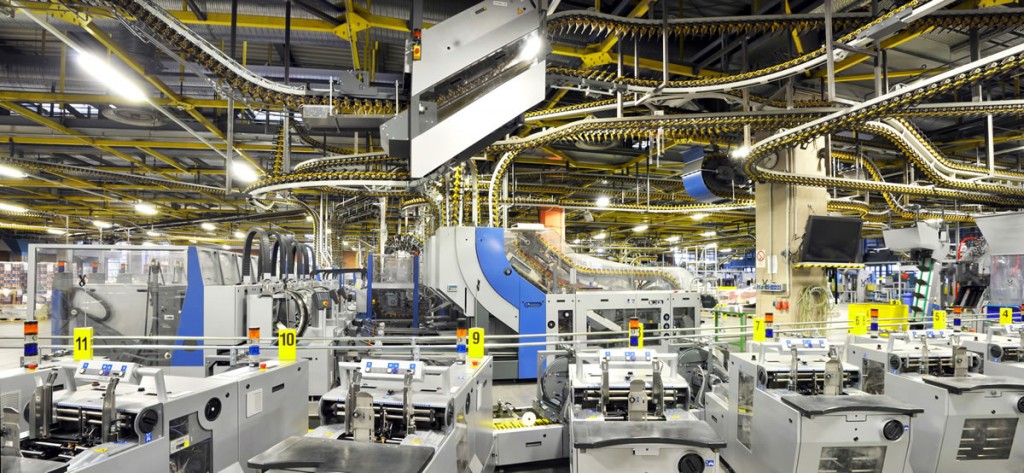Mechanization, conglomerates praise it, but should we?
Now from a business perspective I guess it could be called the greatest tool that exists, mechanization not only makes mass production easy, but it also saves time and delivers absolute perfection (most of the time).But what about the small businesses, the legacy business that are based on family secrets or heirlooms passed down from ages.
I have a pashmina shawl in my drawer right now which was woven by a family who escaped Kashmir to India during the Kargil war. The woman who gifted this shawl to my grandmother had acquired the skill to knit this shawl through her great-great grandmother, the art was sacred and fed the family their daily bread. But I distinctly remember thinking “I could buy this exact shawl from forever 21 when their winter collection comes out”.
In some way, we’re losing the history behind fine arts, and the ease of creation just removes any incentive for people to support handmade goods. Products can no longer be unique or singular in their existence, and in some ways the fine line between an open world and a monotonous one is being breached.
While handmade goods are not a viable option for industries and are in fact an inconvenience with respect to meeting large demand, a question on to what extent is mechanization the way to go should be posed, where we take a look at how smaller industries, the ones who make up a country’s identity and add to a places culture are slowly dying out, fading into the shadows as machines and factories mass produce products that once held a story.




